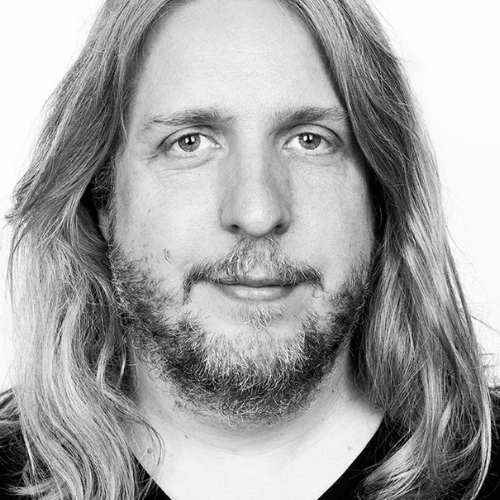In conversation: Dr Howard Burdett
In this in conversation piece, we chat to chat to Dr Howard Burdett, Research Fellow at the King’s Centre for Military Health Research.

We've recently had the opportunity to chat to Dr Howard Burdett, Research Fellow at the King’s Centre for Military Health Research.
What got you into your field of study in the first place? What was your path to where you are now?
I was always interested in science, and in how it applied to people. The more sophisticated and unusual the system, the more interesting it was – hence I started out, not in psychology or sociology, but instead in biochemistry. From there I moved to law, a fantastic subject of how we try to develop moral and practical systems to regulate human behaviour. From there I got back into science, taking these various skills and perspectives to a Research Assistant role at King’s Centre for Military Health Research, followed by a stint in the then-Surgeon General’s Department and MoD, before returning to continue as a researcher at King’s.
What are you currently working on?
My main focus at the moment is on the ADVANCE study of health and wellbeing outcomes of those injured in combat, in particular ADVANCE-INVEST which looks at transition outcomes for those who leave Service subsequent to injury. Currently I’m writing both a report and an academic paper on medical discharge, which has proved to be a complex and interesting topic.
What are you currently reading and are you enjoying it?
I’m currently reading “The Deorhord” by Hana Videen. It takes the framework of a medieval bestiary to look at a variety of creatures from Old English through the medieval period, examining how language, culture and symbology associated with them developed, in particular with reference to the impact of Christianisation. Not really something I would ordinarily pick up, but oddly compelling.
How do you see your research field progressing over the next ten years?
Some aspects are fairly certain – further research on existing health needs, pathways, and treatments will inevitably continue. Others remain to be seen – how changes in conflicts change or create needs, and how those risks are identified and ameliorated. Tempo for research in this area is always high, but we cannot ignore the fact that it could become higher in the near future.
